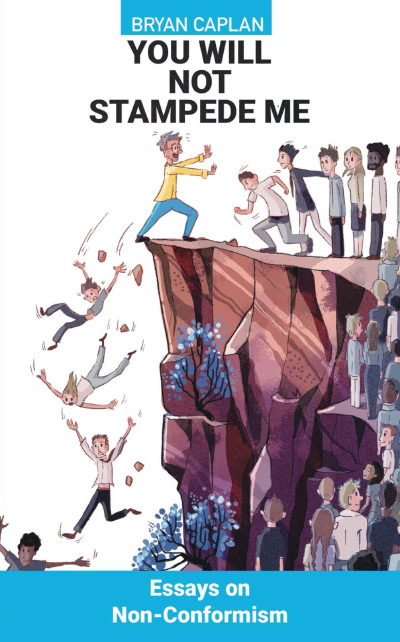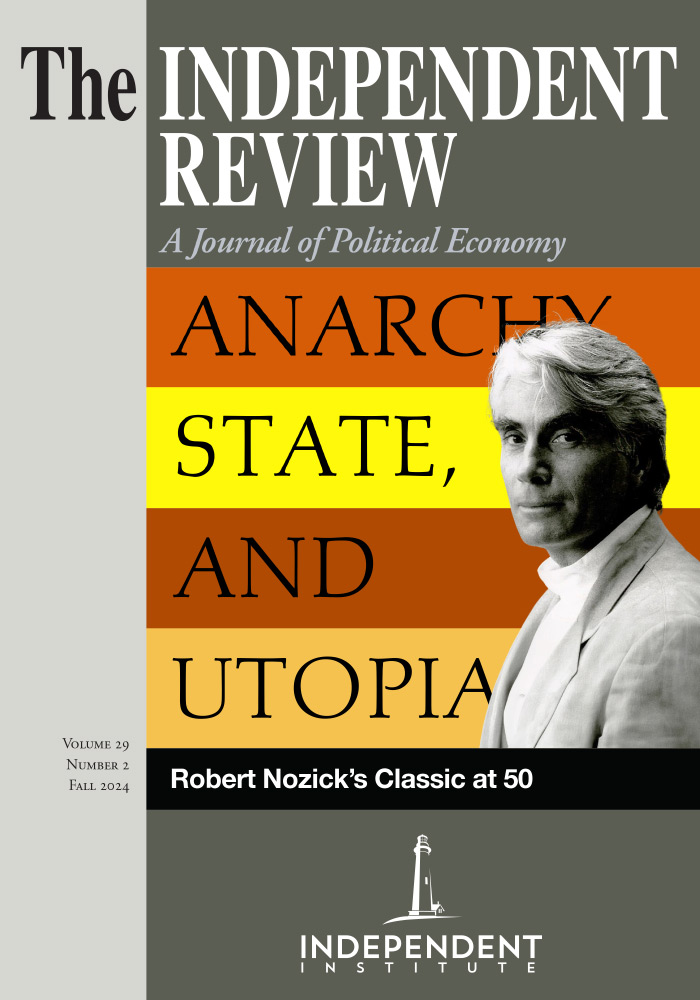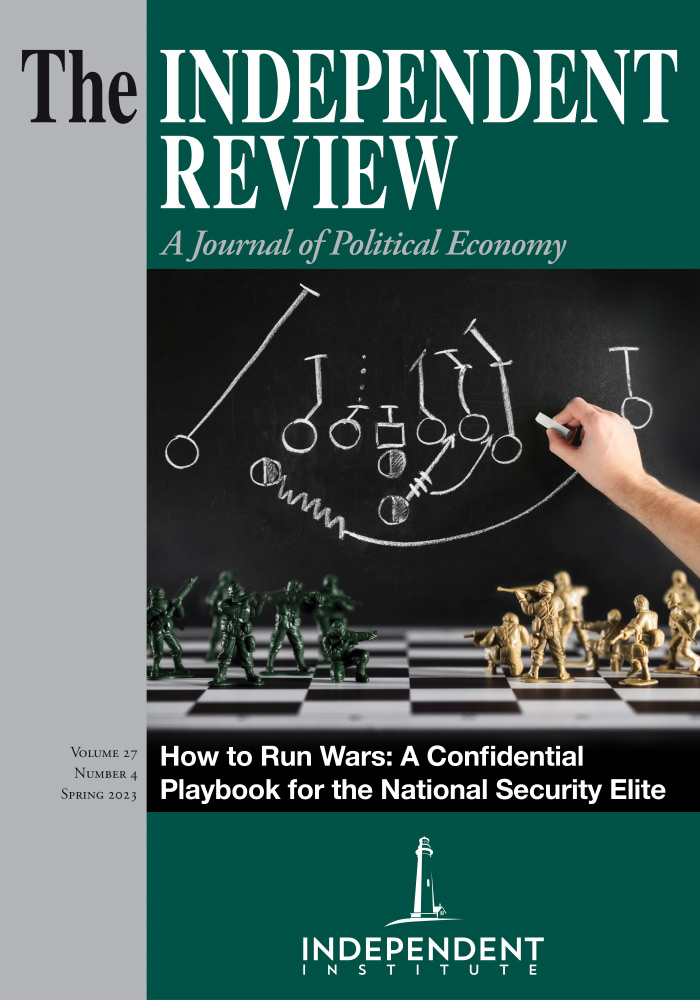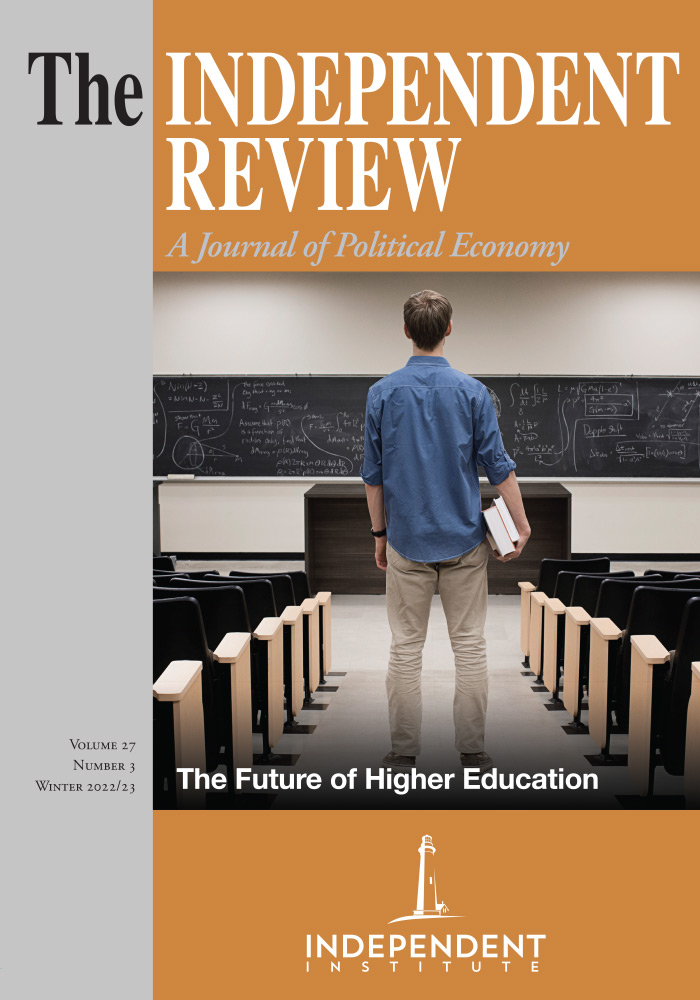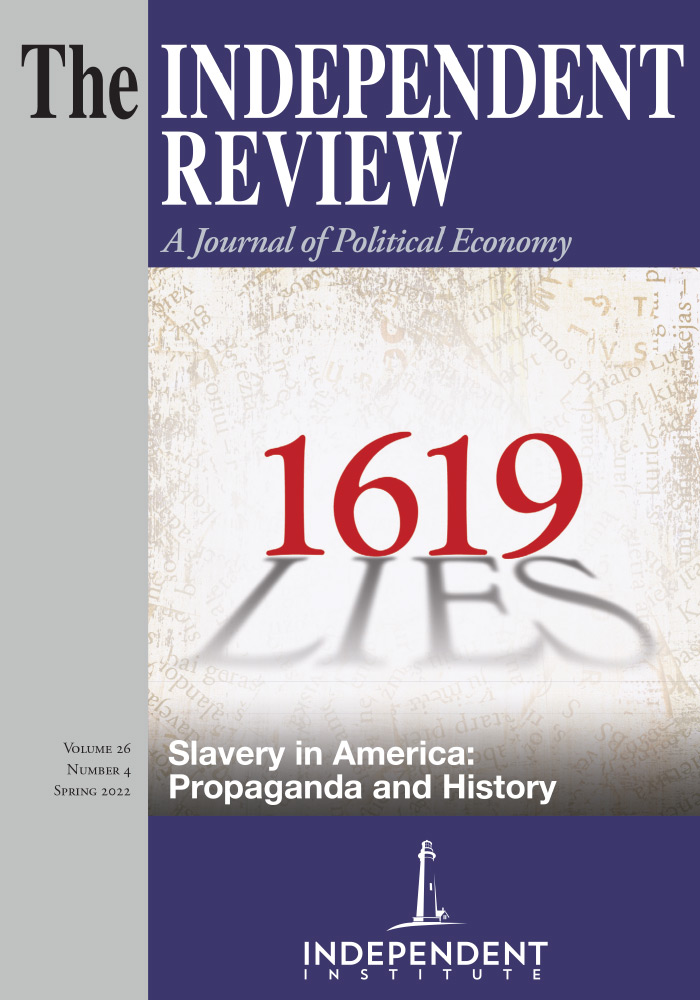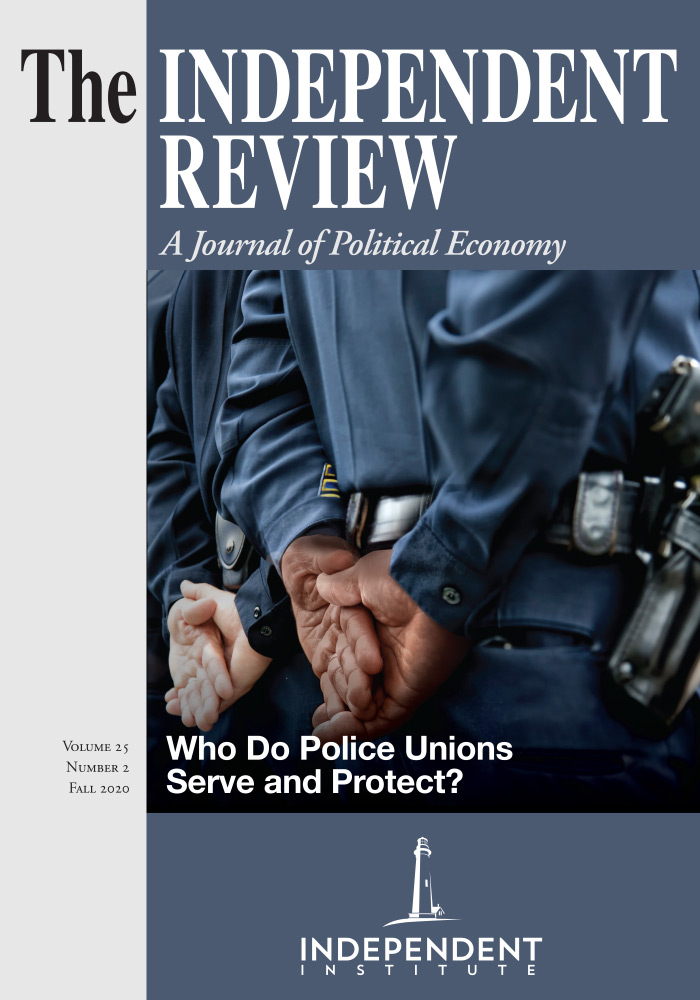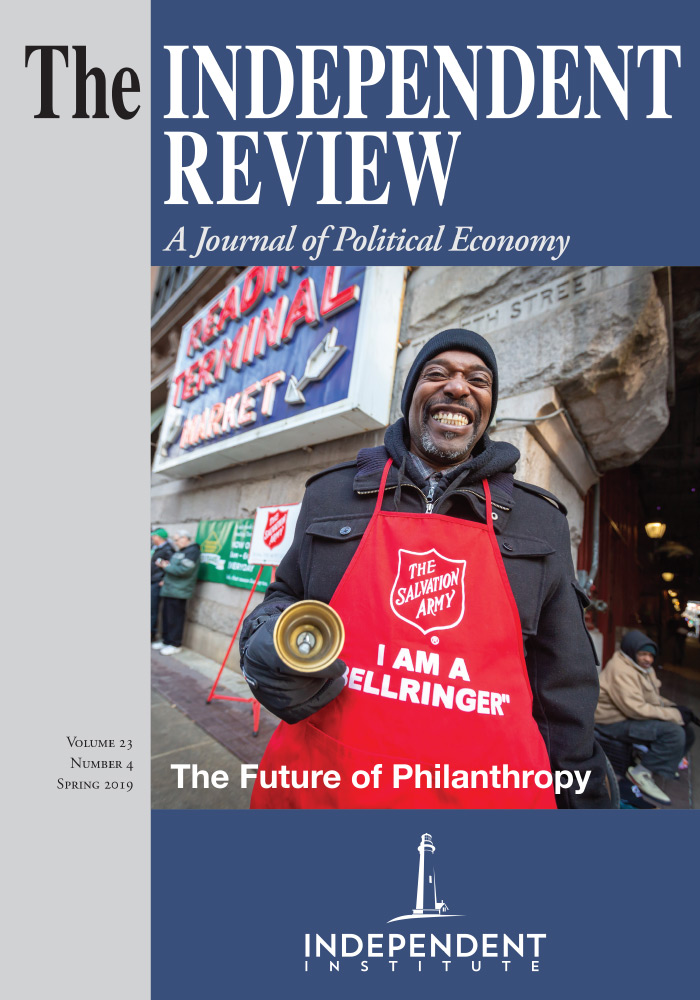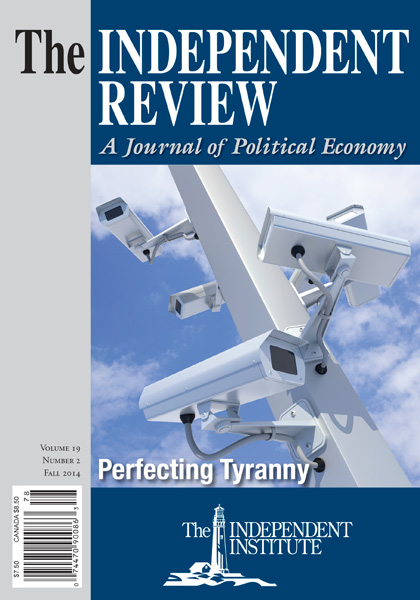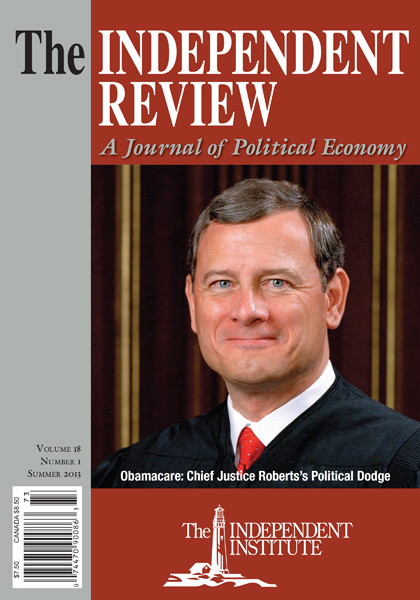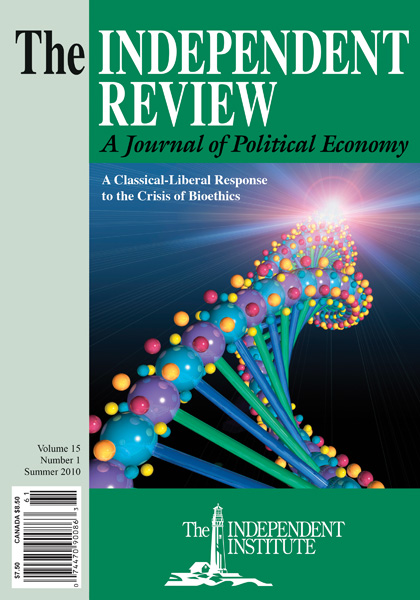Bryan Caplan, who teaches economics at George Mason University, is well-known for challenging what John Kenneth Galbraith, an economist with very different views, used to call “the conventional wisdom,” and You Will Not Stampede Me is an excellent illustration of this bold and original thinker in action. The book, a collection of columns from various sources that Caplan has written in the past decade or so, contains four chapters: I: Disobedience to Authority, II: The World Is Wrong, III: The Weird Is Right, and IV: Non-Conformist Candor.
In the first chapter, Caplan positions himself as a contrarian in this passage, written with characteristic verve and insight: “If I were in charge, would I have done much better? Though I'm well-aware of my own self-serving bias, I believe I would have done much better. I wouldn't have fought the War on Terror, not even in Afghanistan. I would have met the Great Recession with nominal GDP targeting and labor market deregulation, not bailouts and fiscal stimulus. I would have welcomed refugees from the Middle East. I would have enforced existing laws against rape and murder, not start witch hunts for ‘systemic sexism’ or ‘systemic racism.’ And I would have met coronavirus with moderate caution, not shutdowns or putting ten percent of the workforce on welfare. Yes, perhaps I’m mistaken about one or two of these crises. What is clear, though, is that society’s method of certifying and addressing crises is deeply defective—and that’s highly unlikely to change. While I’ve got to live with that, I get a small sense of comfort from staying aloof from the madness. Staying aloof, and quietly thinking, ‘You will not stampede me’” (pp. 5–6).
In another column, “The Identity of Change,” included in the first chapter, Caplan suggests an interesting strategy for avoiding both the faction fights common among libertarians and the contrary urge to identify with and defend libertarians who defend what we take to be the wrong position on issues: “The best way to guard against this laxity is to define your large, selective groups in purely intellectual terms. Identify with liberalism or conservatism, not liberals or conservatives. This is the kernel of truth behind the ‘No True Scotsman Fallacy.’ Once you insist that ‘No true libertarian believes in immigration restrictions,’ you'll feel little temptation to ignore, minimize, or justify libertarians who believe in immigration restrictions. And this is precisely how you should feel” (pp. 9–10). Caplan’s solution leads to a problem. Would he say that people who are widely recognized as libertarians who do support immigration restriction, such as the great intellectual historian Ralph Raico, are not true libertarians? If Caplan “bites the bullet” and says this, then the question becomes: what attitude does he take to the false libertarians? Does he deny that they are libertarians at all? That seems absurd, but if he acknowledges this, he is faced with the same problem of how to relate to these libertarians that his solution claimed to bypass.
Caplan continues his insightful remarks in “Free Will and Behavioral Genetics,” a column from chapter II, “The World Is Wrong.” He offers an intriguing argument about free will: “If you take a closer look at BG [behavioral genetics] research, though, you’ll notice something interesting. Virtually every BG study partitions variance into three sources: genes, shared family environment, and non-shared environment. Typical estimates are something like 40–50% for genes, 0–10% for shared family environment, and 50% for non-shared environment. And what exactly is non-shared environment? Everything other than genes and family environment! Why do I bring this all up? Well, suppose human beings had real, honest-to-goodness free will. If it made a difference for behavior, where would it show itself? In the BG framework, it would be filed under ‘non-shared environment.’ OK, now let’s get Bayesian. If you could fully account for a person’s choices using genetics and measurable environmental variables, you’d count it as a confirmation of determinism, right? Well, if you buy this argument, you also have to buy its mirror image: The harder it is to account for a person’s choices using genetics and measurable environmental variables, the stronger the case for free will” (pp. 92–93). Caplan is on the right track, but only a weaker conclusion than the one he draws follows from what he says. If free will exists, it falls in the space of “non-shared environment,” but one cannot conclude that whatever happens there is the result of free will. It may be, for all we know to the contrary, that deterministic laws based on variables we cannot measure apply to part or all of the non-shared environment.
Caplan wrote a famous book, The Case Against Education (Princeton University Press, 2018), arguing that education was mostly signaling and that students retained little if anything of what they had learned. He makes clear in chapter III, “The Weird Is Right,” that he is not opposed to education. On the contrary, he is in favor of it, but it is too important to be left to the schools, where students are either forced to attend or do so in pursuit of a degree. Instead, true education requires qualified students eager to learn and professors eager to teach them. In brief, true education is too important to be left to the schools. In “How I Love Education,” he says: “Education, like opera, is only a merit good when it’s done right. Real-world opera, happily, usually is done right. Real-world education, in contrast, is a travesty. Most educators are boring. They fail to bring the liveliest of subjects to life. They focus on irrelevant details and hollow technique. And in the social sciences and humanities, many of the ‘great ideas’ and ‘great thinkers’ aren’t just wrong, but stupidly wrong. Take Marxism. As far as I’m concerned, it’s no more a merit good than creation science. Grasping the thoughts of economically illiterate 19th-century hate-mongers is not a crucial ingredient of a life well-lived. ... Can’t education be improved? Yes, but major reform is unlikely. As long as professors make money while ruining great subjects, and the labor market rewards students for feigning interest, the charade will go on” (p. 147).
Some people might think that Caplan is too severe in his verdict on Marxism, but he is right. Without the Bolshevik Revolution, it is impossible to imagine the hundreds of books and articles devoted to Das Kapital. The book, which rests on the long-superseded labor theory of value, would likely get no more attention today than John Stuart Mill’s Principles of Political Economy (1847) does.
In “Call It Sour Grapes,” an article in chapter IV, “Non-Conformist Candor,” Caplan sets forward a daring thesis. He claims that most social science research in the top twenty research universities is worthless: “The odds that I’ll ever get a job at a top-20 department look awfully low. How do I feel about this situation? The socially approved response, at least within social science, is to feel and express deep admiration for the plainly superior researchers at top schools. I’m supposed to defer to their judgment on not only (a) which research methods are kosher, but also (b) what research topics are worthwhile. If I apply myself, perhaps I can usefully, if humbly, extend their work” (p. 171).
Why not? To be blunt, I deny the value of almost all of the social science research going on at top schools. My reaction to 95% of the articles published in top economics journals isn’t so much “That’s wrong!” as “So what?” I recognize that getting accepted by these journals requires enormous intelligence, training, and effort. Unless you believe in the Labor Theory of Value, however, the cost of creating top publications implies nothing about the value of creating top publications. And in my considered judgment, the value of top publications is low. When I was in grad school, economists won big for pure—and utterly irrelevant—mathematical theory. These days, economists win big for running bullet-proof randomized controlled trials on trivial topics. Yes, there are exceptions. Phil Tetlock, Ed Glaeser, Lant Pritchett, and Richard Thaler leap to mind. Yet the rule remains: The intellectual value of top publications is low. Does anything better exist? Definitely. What is it? The kind of research I do, of course. Plenty of scholars do what I consider “my kind of work,” but let’s focus on me. False modesty aside, I judge my work better than most of the work done by researchers at top schools. Indeed, I judge my work to be vastly superior. That’s why I do it. How so? At minimum, books like The Myth of the Rational Voter and The Case Against Education attempt to answer social questions of great significance. Why do democracies choose bad policies? Why is there a gulf between learning and earning? I say struggling with a great question is better than definitively answering a trivial one. And since I predictably think my books actually deliver high-quality answers to these great questions, my sense of self-satisfaction with my intellectual output is through the roof. (p. 172)
I suspect that this article was in part written to provoke a response from these academics, but that does not detract from its value.
Agree with what he says or not, in You Will Not Stampede Me Bryan Caplan always has something interesting and important to say. And that is a claim few contemporary economists can make.
| Other Independent Review articles by David Gordon | ||
| Fall 2024 | New Problems in Nozick’s Derivation of the Minimal State | |
| Summer 2024 | Moderation in the Pursuit of Justice Is a Virtue: Nicholas Rescher’s Quest for a Good Society | |
| Spring 2024 | For a New Liberty after Fifty Years | |
| [View All (12)] | ||



